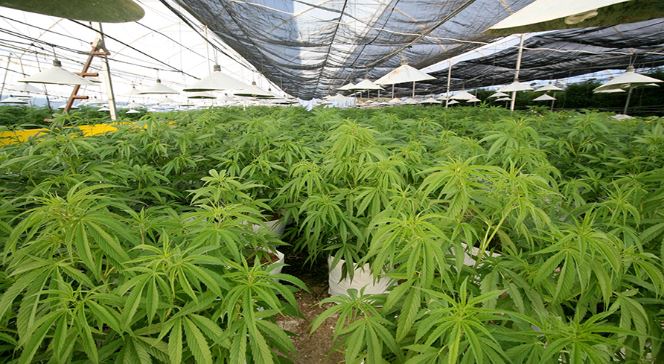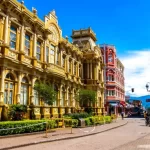Drugs and Retirees in Costa Rica
Last week an article appeared in the Los Angeles Times newspaper titled, “Costa Rica, the once-peaceful land of ‘pura vida,’ battles violence as cocaine trade grows.”
Any potential expat would probably have second thoughts about moving here after reading this article.
As someone who has lived in Costa Rica for decades, I feel obligated to put this alarmist and sensationalist information into proper perspective. Yes, Costa Rica does have a problem with small time drug sales called narcomenudeo in Spanish. Local drug dealers used to get paid in cash to help move drugs for shipment to the U.S. and Europe. Now they get paid with drugs which causes a lot of turf wars to control the drug routes. Sadly, many young people get caught up in this mess due to a lack of employment opportunities and the allure of making easy money.
Luckily, most violence is confined to the Limón area on the Caribbean side of the country, a couple of neighborhoods near the port city of Puntarenas (el puerto as it is referred to by the locals) and an area to the south of San José.

Retires and other expats almost never get caught up in this violence. Instead, some may die in automobile accidents or tragically by drowning (ahogamientos in Spanish).
So, it turns out that the most dangerous place for foreign tourists and expats, are the country’s beaches. Drownings are the number one cause of accidental deaths among this group. Strong rip tides are prevalent in most beach areas, not only causing many deaths of foreigners but Costa Ricans, too. Representatives from the U.S. Embassy, who speak at our monthly relocation seminar, have confirmed this information and are quick to point out that Costa Rica and Mexico are the two foreign countries where most U.S citizens die by drowning.
By the way, the legalization of marijuana for medical and therapeutic use, was signed by former President Carlos Alvarado on March 2, 2022. However, it took a while for the necessary regulations to be issued to enable the granting of licenses. In a significant development for the medical cannabis industry in Costa Rica, the Minister of Agriculture and Livestock (MAG), recently signed a resolution granting authorization to Azul Wellness S.A. to cultivate and process cannabis for medical purposes.

Furthermore, Costa Rican president Rodrigo Chaves presented a bill to legalize recreational marijuana. So far, the bill has not garnered enough support in favor of legalization. Many groups in the country including some members of congress (diputados), oppose the legalization of recreational marijuana. However, despite being illegal for recreation purposes there is widespread use of drug and a thriving black market.



